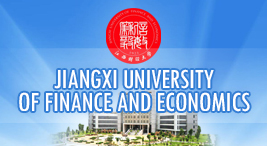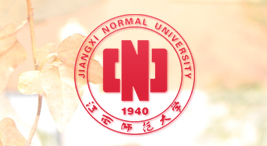Credit transfers aid EU exchanges
China and the European Union are working to promote academic credit transfers between their higher-education institutions, according to education officials.
The credit transfer system, an important tool for measuring and recognizing students' academic performance in other countries, topped the agenda of the China-EU Education Ministers Conference, which was held in Beijing on Tuesday.
Minister of Education Chen Baosheng, who chaired the conference, said China has long encouraged domestic universities to cooperate and exchange with their counterparts abroad, including through credit transfers.
So far, China has signed agreements recognizing higher-education degrees with 19 EU members.
In terms of credit transfers, Chen said, some successful pilot programs have occurred at several Sino-EU joint platforms and institutions, such as the Sino-European Engineering Education Platform established in September 2010.
"In the near future, we hope to further boost the mutual recognition of academic credits and degrees between the universities of China and the EU by spreading the successful experience of the domestic pilot programs," Chen said.
Apart from credit transfers, other topics relating to China-EU educational cooperation, including nurturing entrepreneurship, innovation and employability of students, were discussed at the conference.
Members of the EU, including France, Germany and Spain, have long been hot destinations for Chinese seeking educations overseas.
Statistics from the Ministry of Education showed that as of 2015, more than 300,000 Chinese people studied in EU countries. Last year alone saw 123,000 Chinese students heading there, 23 percent of all who went to study abroad.
Meanwhile, China in recent years has also become a popular choice for study overseas among EU students. Among the 400,000 international students in China last year, one in 10 was from the EU.
Tibor Navracsics, the EU commissioner for education, culture, youth and sports, said the mutual recognition of credit should be further promoted, and a prerequisite to that is understanding each other's education system and language.


















